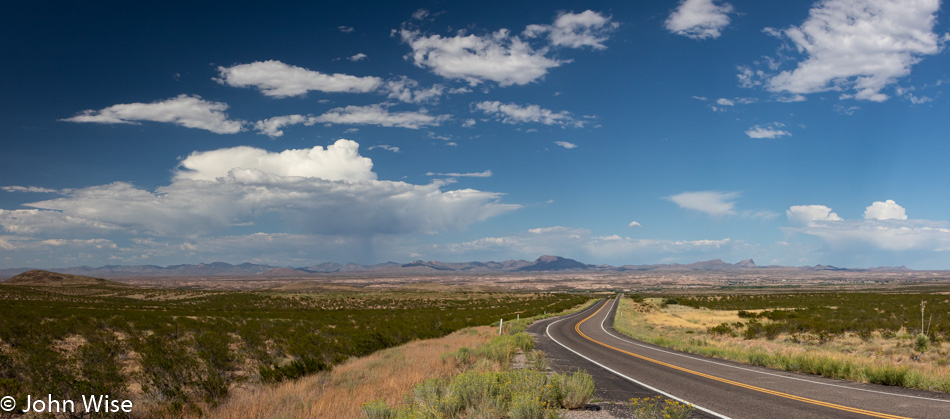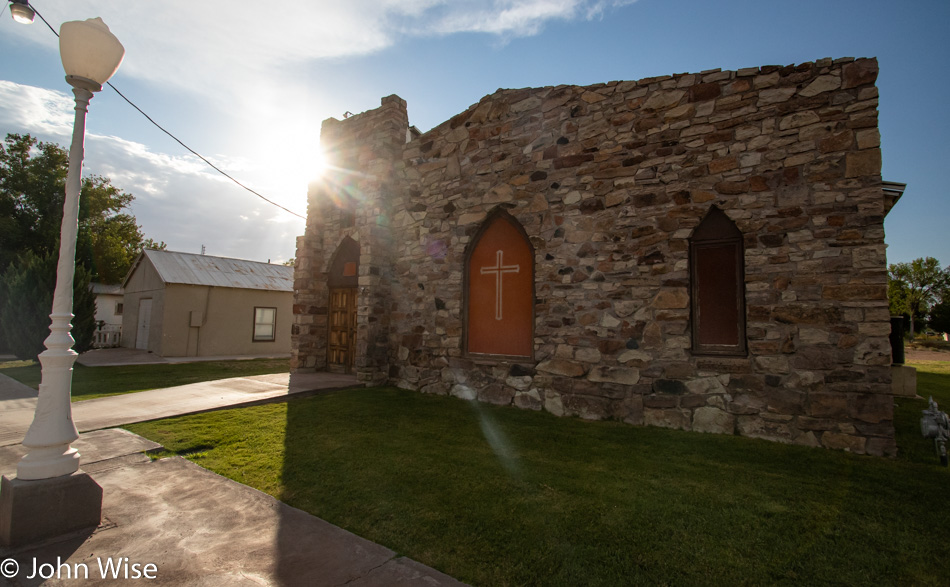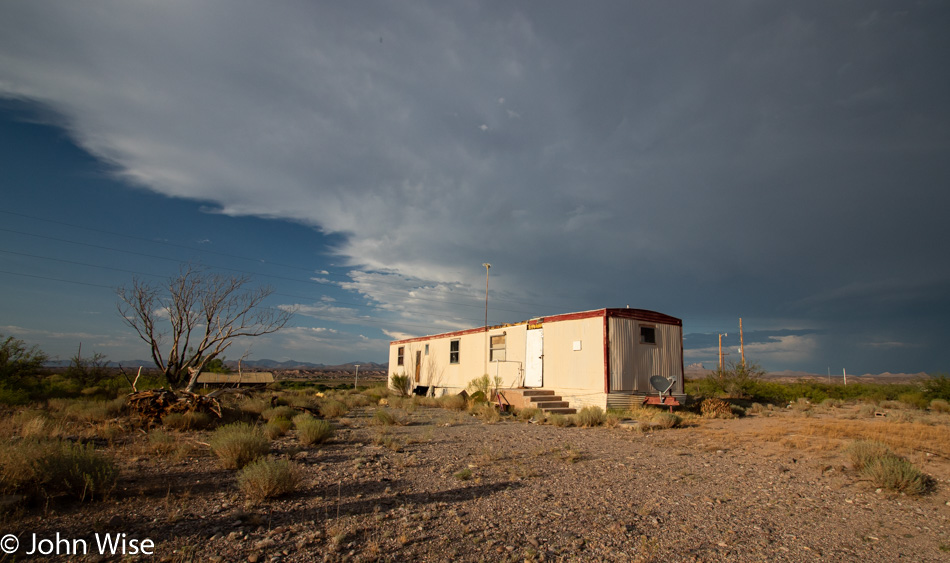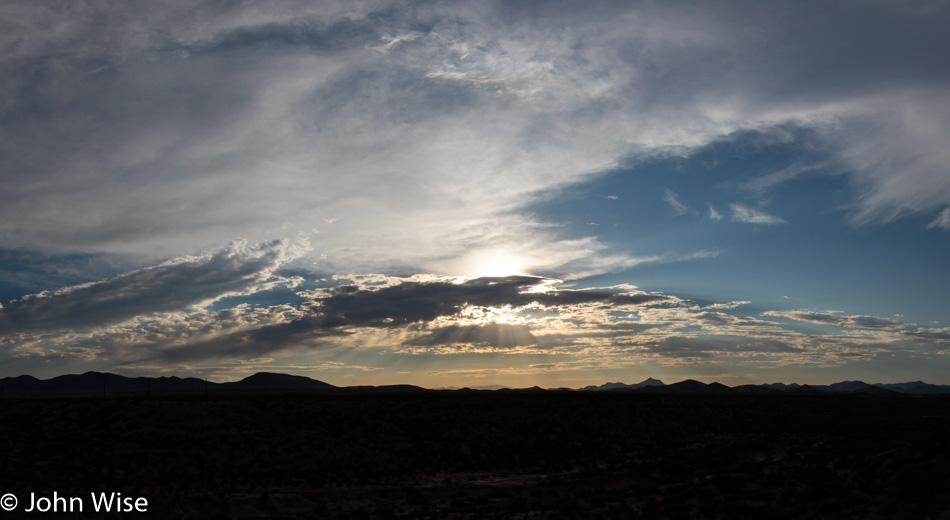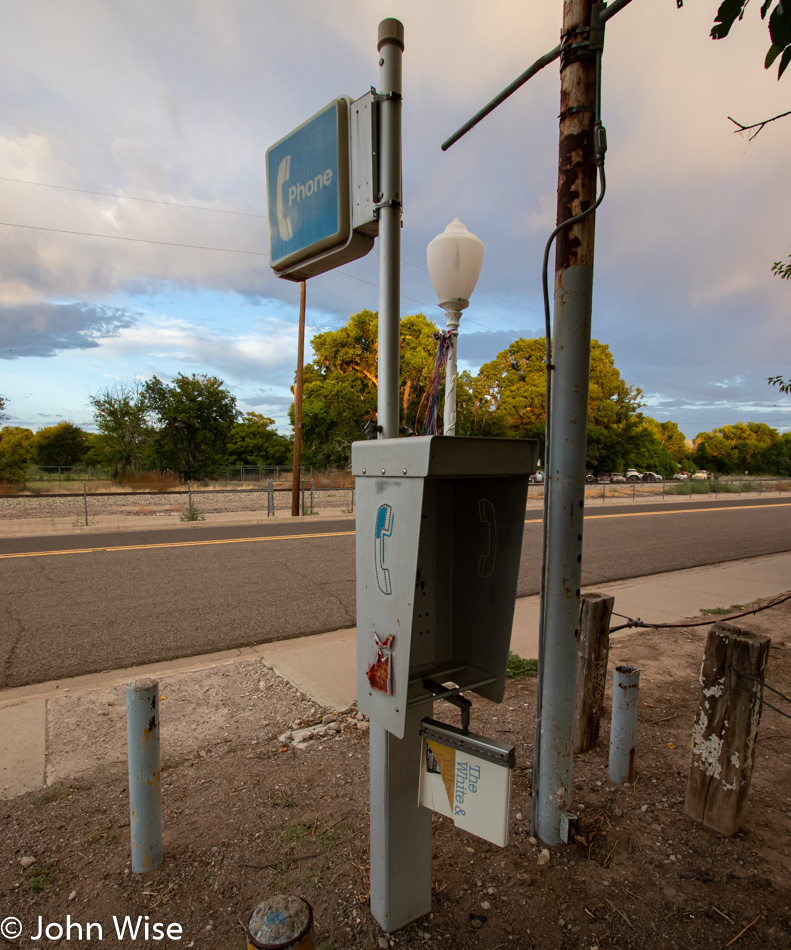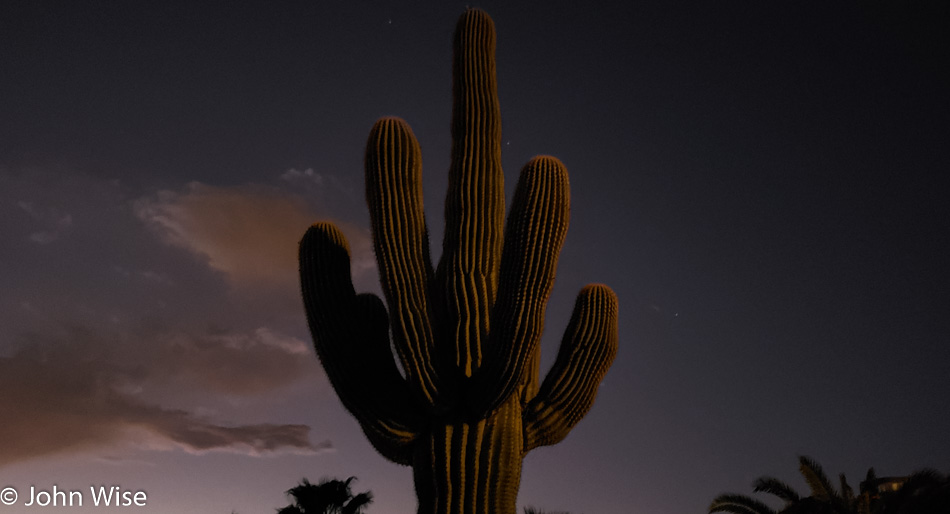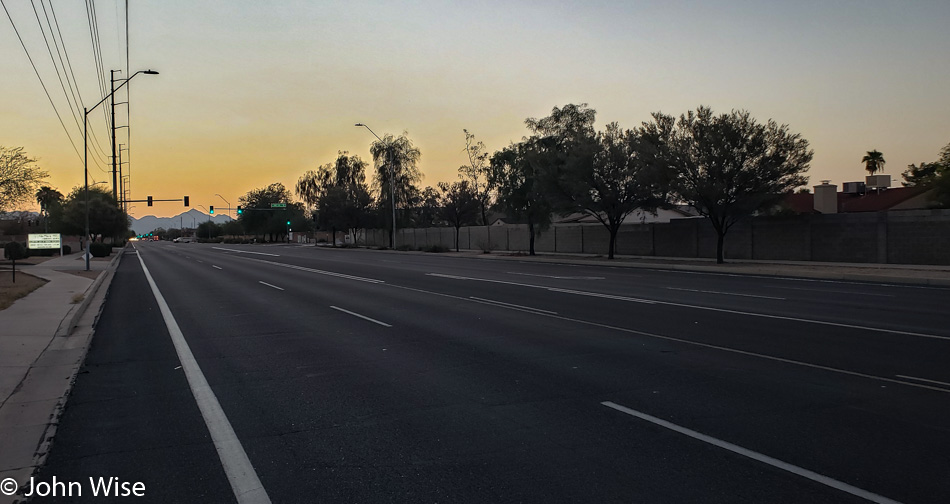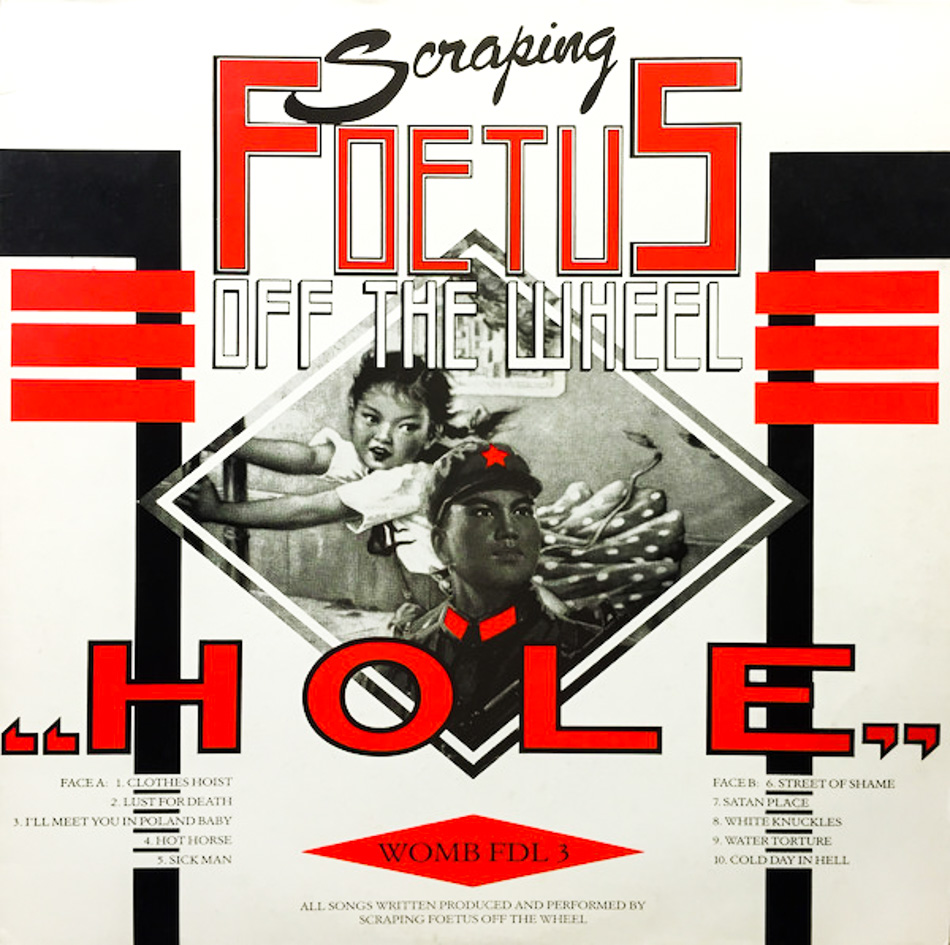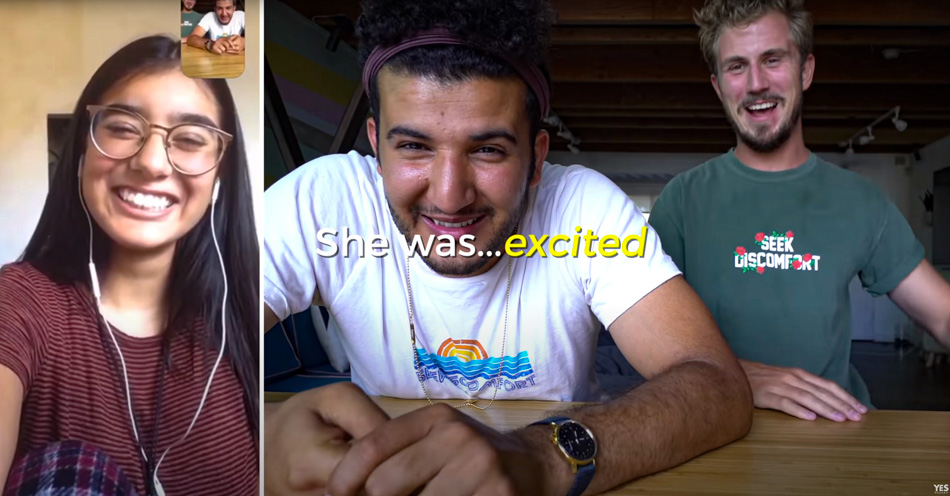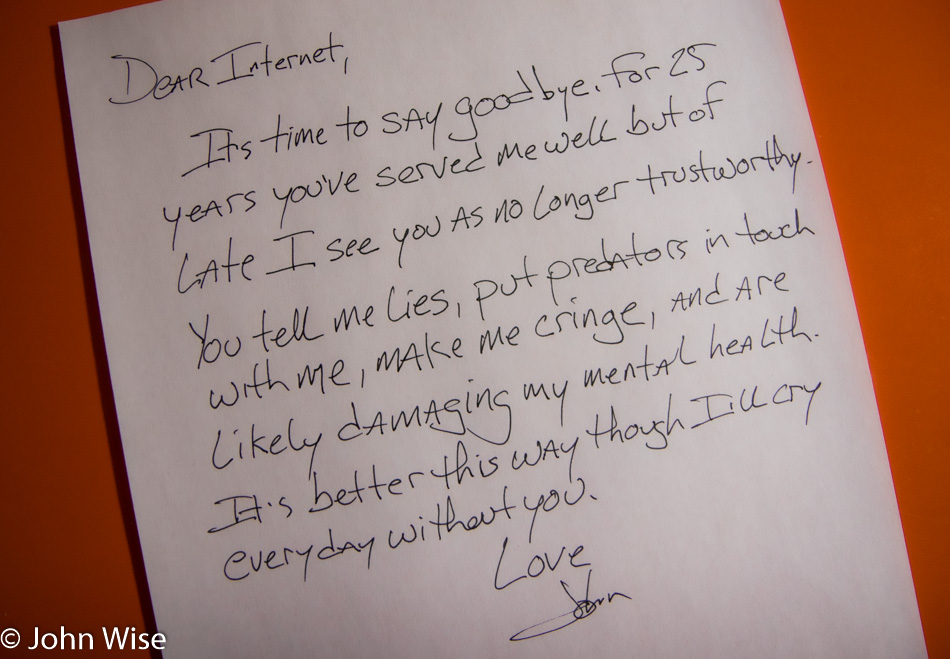
“I hate Twitter, Facebook, Instagram, TikTok, Apple, Microsoft, this software, that social media company, Amazon, Adobe, apps, online bill pay, convoluted passwords, internet scams, spam, site registration, YouTube, Netflix, cookies, and everything else about digital connectivity.”
Then leave it.
I was just considering doing precisely that, leaving it. Not that I hate any of the above aside from internet scams, but I was wondering out loud with Caroline if we could possibly leave our digital lives behind. She suggested that one way would be if we were to trade our current lives for rural offline ones where we’d accept a life of gardening and hanging out on the farm. No way!
My life online has gradually become so ingrained that I can no longer pinpoint when that happened and at what point there was no turning back. I can share the day it likely happened, though I didn’t realize it at the time as I think I still had options; that would have been on January 9th, 1998. On that day, I placed my first order with Amazon for books that were impossible to buy in Arizona, not just the Phoenix area but all of Arizona. Interestingly, my first two purchases were for No Sense of Place: The Impact of Electronic Media on Social Behavior by Joshua Meyrowitz (which replaced the photocopy I had from a friend in Germany) and Thought Contagion: How Belief Spreads Through Society: The New Science of Memes from Aaron Lynch.
Ironic that the first two things I bought from Amazon related to fundamental changes affecting our relationships with information and commerce. I’d read No Sense of Place around 1989 when Olaf F. thought it important enough that he accepted the significant (at the time) expense of making a photocopy so I could read it at the same time he was stuck in it. This was a pivotal book for me back then regarding my thinking of how we approach making ourselves guinea pigs in our relationship with technology. By 1998, I needed to know how well it held up, and to this day, I’d still recommend people read this seminal book. The other title, Thought Contagion by Aaron Lynch, picked up on memes, a term I had first learned of in Richard Dawkins’ book The Selfish Gene. In Thought Contagion, the author discussed the impact of memes in our world – except that in the late 1990s, he had no idea that someday memes would be such a ubiquitous element of our online lives. Also of note, my next purchase from Amazon included Virus of the Mind by Richard Brodie: The New Science of the Meme.
Little did I know by early 1998 that the entire world would become fully dependent upon the Internet within a relatively short amount of time. As I said, I was probably more in need of this online lifestyle by then as the books I needed were not on anyone’s bestseller lists and so were not sold locally.
But what of today, with all the noise around the supposed issues surrounding social media, fake news, memes that become facts, scams, and the myriad other problems that are exploding all around us? None of that matters. They are things that must be repaired over time, but they are part of the evolution of the platform. Does anyone think humanity leapt from a weekly open-air market in the town square to the air-conditioned mall with 150 vendors selling products from around the world, allowing payment by credit card before stopping for gyros, burritos, a slice of pizza, or baked-in-front-of-you cinnamon roll, followed by a movie from Ireland in a month, a year, or a decade? The time required for services to mature has often taken decades, if not centuries, and yet, within 25 years since the emergence of the internet, which started out as a way to share very basic information without photos and send emails, we are now intertwined in a complex web of electronic services that are impossible to pull away from.
This brings me back to the title of today’s entry, Leaving Our Online Lives. Well, I’m not, and we can’t. Sure, someone might figure out how to stop using Facebook or dump Instagram, but they will not leave every vestige of a digital life behind; it is no longer possible. Yes, I really do believe this.
I could probably still do my banking offline, but that’s about it. By the way, when I say offline, I mean not using a smartphone for any of the convenience of an internet connection, either. Some will say that getting rid of something like Facebook is the easiest service to rid themselves of. Well, if all you use it for is looking at Aunt Betty’s photos of her chihuahua and checking on upcoming birthdays of relatives, I could easily dump it. On the other hand, I see it as a useful tool where notifications for international events are announced, product announcements, and updates are posted. I subscribe to a few groups where people with similar interests congregate with new information being shared, and questions asked that spur my curiosity to learn along with them while others offer support or maybe I can be of assistance. I use Facebook to stay abreast of currents of opinion from people I’ve known from around the globe and occasionally chat with them. Yes, there are forums, and there are online magazines that might cover some of these things, but they are not drawing in as many diverse voices and are often not very timely.
Not shopping online would crush me and my wife. One of my major hobbies is Eurorack synthesizers, and there are only about 25 shops on earth. Am I supposed to call them to learn what’s coming out and what’s on sale on a month-to-month basis? Wait for a catalog in the mail, maybe? The audio software I use, where would I buy a physical copy of a plugin? New drivers for a piece of hardware I own, should I write the company and ask them to send me a USB card with the files? How about graphics software? Blender 3D has NEVER been available on physical media.
Caroline’s major hobby is everything fiber arts. Without YouTube, she’d be sunk. Yarn would be in short supply as Joann’s sells the most common lowest quality inexpensive stuff on the market, many specialty yarns and fibers would be off the menu. As for weaving yarn, she’d have to sell her looms as the state of Arizona is not a hotbed for weavers; then again, nowhere in the United States is that. The magazines that cater to the offline crowd are struggling, so while Halcyon Yarn of Maine sends out their Yarn Store in a Box, just getting hold of their phone number will grow impossible as time goes by.
Food. This is what would make me break down and weep. I currently buy some of the following online: vinegar, oil, spices, beans, chilies, Mangalitsa pork, dried fruit, nuts, seeds, grains, dish soap, bath soap, salt, vanilla beans, boudin and tasso from Louisiana, sprouting seeds, honey, various ethnic foods from crispy mixed beans (ပင်ပျိုရွက်နု) used in Burmese salads to Colatura di Alici Fish Sauce because we are curious, and finally all the things that due to COVID-19 have become difficult to find such as flour, Silk soy milk, and flavored Spam.
Travel would be the other super tragic hit that would occur from not being online. From Google Maps to plane tickets, yurt reservations, and the off-the-beaten-path restaurants that feature authentic flavors instead of those popular with tourists, we’d be hard-pressed to purchase or learn of any of that. How would we reserve tickets for entry to particular places? Don’t tell me I could just call as for 1. There never was a global phone book, 2. Do you really believe Century Link of Arizona information would have access to the phone number for the Hallein Salt Mine in Austria? 3. Certain things are now exclusively online or only purchasable in person.
News. Twenty-five years ago, after moving to the United States, Caroline and I could go to our local Borders Bookstore and pick up the latest issue of the Spiegel news magazine from Germany along with Frankfurter Allgemeine Zeitung from Caroline’s hometown along with the International Herald Tribune and a host of other international sources of news we were accustomed to in Europe. On the American side of political, economic, and cultural news, we had access to a bevy of publications that have since shrunk, were consolidated, disappeared, or become clones of aggregators as news collection is no longer very profitable. I refuse to watch television and even if I were somehow able to leave my digital life behind, I will never return to the medium of stupidity known as TV. There would still be radio, but unless NPR were available in our rural location, we’d be cut off from current events.
Uninformed, how would I vote? Unfed, how would we eat? Unaware of the world at large, how would we travel? Unable to equip our interests, how would we practice our hobbies or further our education? And now the postal service is faltering, so getting meds, sending checks to creditors, or waiting for Earth’s last remaining travel bureau to send us some literature about the Oregon coast are all at risk.
This constant chatter about our problems with online lives might be worth it if any of us cared enough to take up the skills to create alternatives to the services we don’t like. Instead, like armchair athletes, weather prognosticators, Yelp reviewers, movie critics, and the host of others that sling worthless opinions of complaint on everyone else’s incompetence, we’ll just keep on having to listen to the bitching of those unhappy with most everything in life as they kvetch about the Borg Mark Zuckerberg, the Trillionaire Jeff Bezos, or the globalist with human chipping plans aka Bill Gates.
Meanwhile, I’ll be online buying some Surströmming after a two-hour binge of watching others retching, trying to eat the stuff before turning to Chaturbate to talk on the newest social platform with participants from around the world as I enjoy a kind of global travel experience via genitalia. When I’m done with that, it’s time for some wholesome QAnon news and finally tuning in to Twitch as I watch others making music instead of turning on my instrument and finally giving it a try. Damn, I hate the internet.
